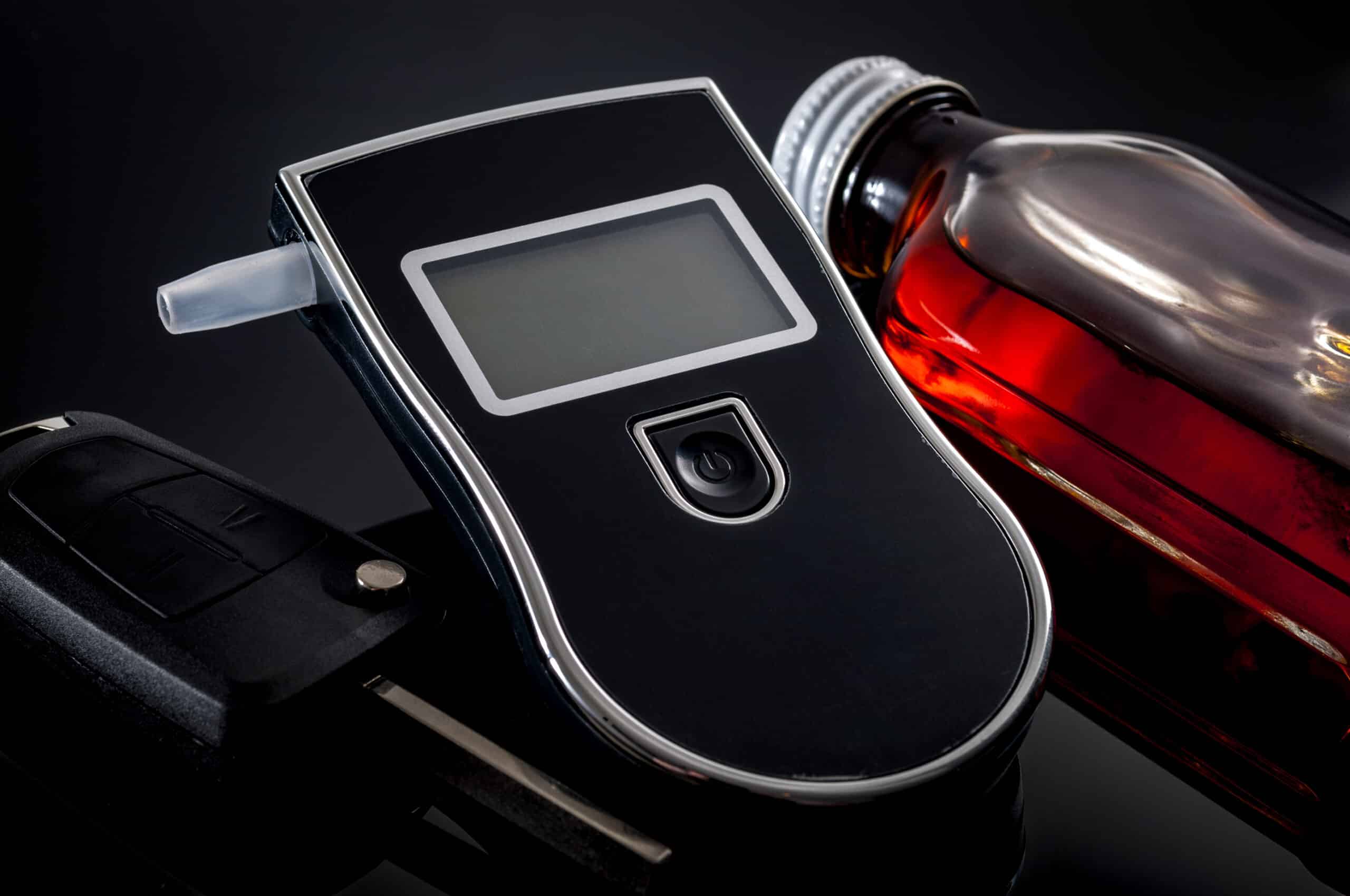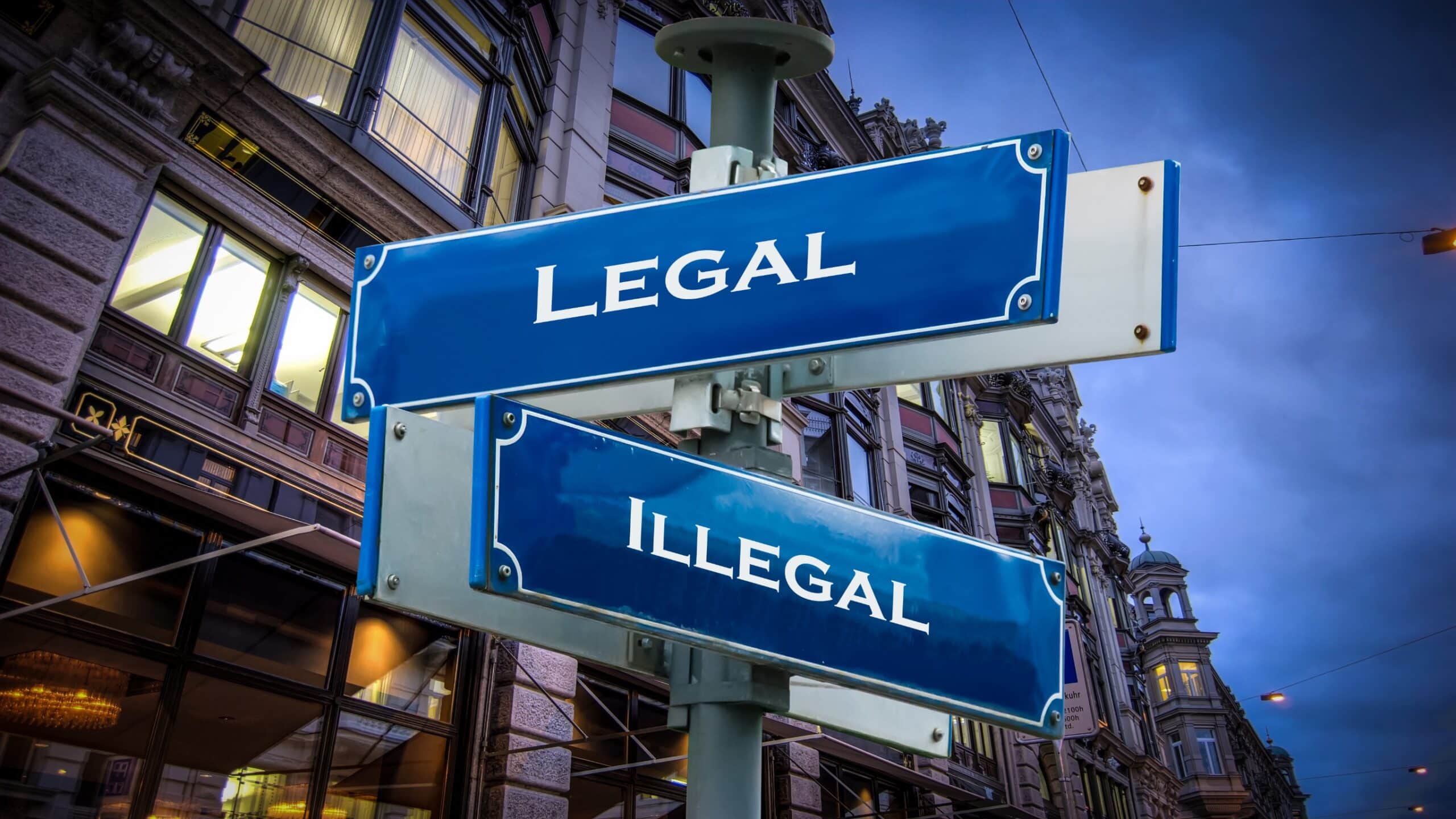You cannot say a definitive “yes” or “no” to whether breathalyzers are accurate. These devices rely on technology and human input, both of which can be prone to error. From technical malfunctions to improper handling, several factors can skew results. So, should your life be upended by a questionable test result?
At Keyser Law P.A., we examine every angle to challenge breathalyzer evidence and fight for your rights. When the stakes are high, you deserve a legal team that ensures no detail is overlooked. Call us today to discuss your case with a Minneapolis criminal defense lawyer.
How Breathalyzers Work
Breathalyzers are portable devices designed to measure the alcohol content in your breath, providing a calculated estimate of your BAC. They use a chemical process to detect ethanol—the alcohol found in beverages—and translate that into a BAC reading.
While the science may sound straightforward, the application of breathalyzer tests is far from flawless. The police often rely on these devices because they’re quick, easy to use, and provide immediate results. However, this convenience doesn’t always guarantee accuracy or reliability.
Factors That Can Impact Breathalyzer Accuracy
Calibration and Maintenance Issues
Breathalyzers require regular maintenance to function correctly. The readings can be wildly inaccurate if they’re not calibrated according to manufacturer specifications. For instance, a poorly calibrated machine could overestimate your BAC, making it seem as though you’ve consumed more alcohol than you actually have.
Environmental Factors
Did you know that external conditions can affect a breathalyzer’s readings? Temperature, humidity, and even the altitude at which the test is performed can all influence results. Minnesota’s cold winters, for example, could interfere with the device’s chemical reaction process, making the results less reliable.
User Errors
Breathalyzer accuracy isn’t just about the machine—it’s also about how it’s used. Law enforcement officers are responsible for administering these tests correctly, but mistakes can happen. Whether it’s failing to wait the required time after you’ve consumed something or not following the proper testing procedures, human error can lead to skewed readings. If the officer didn’t follow protocol, the results of your breathalyzer test might be inadmissible in court.
Medical Conditions and Substances
Certain medical conditions, like GERD (gastroesophageal reflux disease) or diabetes, can falsely elevate BAC readings. Additionally, substances like mouthwash or cough syrup, which contain trace amounts of alcohol, could result in misleading breathalyzer results.
Timing of the Test
Alcohol isn’t absorbed into your bloodstream immediately. Your BAC may still be rising during the test, depending on how recently you had a drink. This means the results could reflect a level higher than what was present when you were driving.
Legal Challenges to Breathalyzer Results
Breathalyzer results are not infallible, and courts recognize this. At Keyser Law, we leverage a range of defense strategies to question their reliability:
- Analyzing Device Records: We obtain and review the calibration and maintenance logs of the device used in your case to identify any lapses.
- Scrutinizing Testing Protocols: If law enforcement failed to administer the test properly, we bring these errors to light to weaken the prosecution’s case.
- Exploring Alternative Explanations: We examine medical records and other evidence to demonstrate how external factors may have influenced your test results.
- Our goal is to cast doubt on the reliability of the evidence against you, giving you the best possible chance at a favorable outcome.
Call an Experienced Minnesota Criminal Defense Attorney
Breathalyzer results can be unreliable, but they often play a key role in DUI cases. Calibration issues, improper administration, and other factors can lead to false or exaggerated readings. At Keyser Law, we understand how to challenge these results, ensuring the prosecution’s evidence is thoroughly examined. With a reputation for aggressive defense strategies and extensive trial experience, we are dedicated to protecting your rights and your future.
Don’t face DUI charges alone—contact us online or dial (612) 338-5007 to learn how we can help defend against questionable evidence and fight for the outcome you deserve.







